New EU Machinery Regulation (Applicable January 20, 2027)

From functional safety foundations to AI-driven autonomy, we help you close gaps and deliver safe products to market. Covering functional safety (ISO 26262) and SOTIF (ISO 21448) and more.

AI Safety
We ensure perception and decision-making AI is tested, validated, and compliant with evolving standards.

Safety Engineering
Hands-on support embedding safety into your systems: architecture, implementation, and verification activities.

Safety Consulting
Gap analysis, risk assessments, and safety case development tailored to your off-highway domain.

Safety Training
Upskill your teams with practical training in FuSa, SOTIF, and AI safety methods.
Our team consists of certified FuSa and SOTIF teams with hands-on experience they bring from automotive. We use our experience and expertise to help clients create robust systems that sustain long-duty cycles, meet safety standards, and adapt to accelerating trends in automation, autonomy, and electrification.
The new Machinery Regulation (applicable January 20, 2027) makes SOTIF-like thinking essential. It introduces new Essential Health and Safety Requirements (EHSRs) for AI and machine learning in control systems. Machines must stay safe as their logic evolves and manage unforeseen situations without hazards. Safety components, including software, must be validated in the full machine context. The focus shifts from component failures (FuSa) to performance limits and unpredictable interactions, making SOTIF central to compliance.
Functional safety ensures that machines remain safe even when software or AI systems encounter faults. For off-highway and industrial vehicles, this means control logic must detect, prevent, or mitigate failures that could create hazards. Safety mechanisms must perform reliably under real operating conditions, and software must be validated in the context of the entire system. The focus is on preventing accidents caused by software or AI malfunctions, making functional safety central to compliance with standards such as ISO 26262 and IEC 61508.
We ensure both functional safety and safety of the intended functionality for off-highway and industrial vehicles. Our team helps you stay compliant with current regulations and prepared for future ones. With deep engineering expertise, we support you in implementing the required standards, while also providing consulting and training for your teams. The standards we cover are:
New EU Machinery Regulation (Applicable January 20, 2027)
EU Machinery Regulation (EU) 2023/1230
ISO/IEC TR 5469:2022
IEC 61508, IEC 61508, ISO 13849, ISO 19014
ISO 26262, ISO 21448 (SOTIF)
ISO/PAS 8800, ISO 25119


You can trust out hands-on project experience to help you meet Functional Safety and EU Machinery requirements. Beyond compliance, we position your products as trustworthy, resilient, and market-ready.
Read Case Study: QualcommThe Agriculture, Energy, Industrial and Off-Highway industries drive global productivity.
From autonomous harvesters to electrified fleets, solutions must be resilient, intelligent, and certifiable while delivering consistent performance under strict regulations.
With two decades of expertise, Visage Technologies’ team of experts helps OEMs, Tier 1s, and integrators build smarter, safer machines using certified safety frameworks, embedded software, and validation tools to ensure reliable performance.
Talk to our Safety ExpertsSafety Consulting – Design and analysis support through gap analysis, audits, safety process assessments, workshops, and tool selection.
Safety Engineering – Hands-on implementation of safety standards, risk assessments (HARA, FMEA, FMEDA), integration into engineering teams, and AI testing, assessment, and simulation services.
Safety Training – Competence-building for your teams with webinars, tailored employee training, and certification readiness programs.
Standards we cover
Whether you need help with safety engineering, training or consultancy, we got you covered.